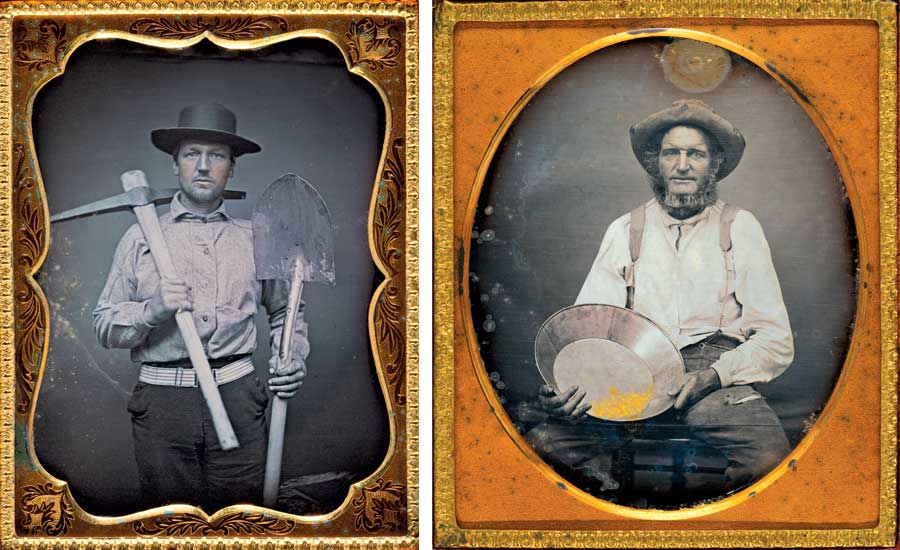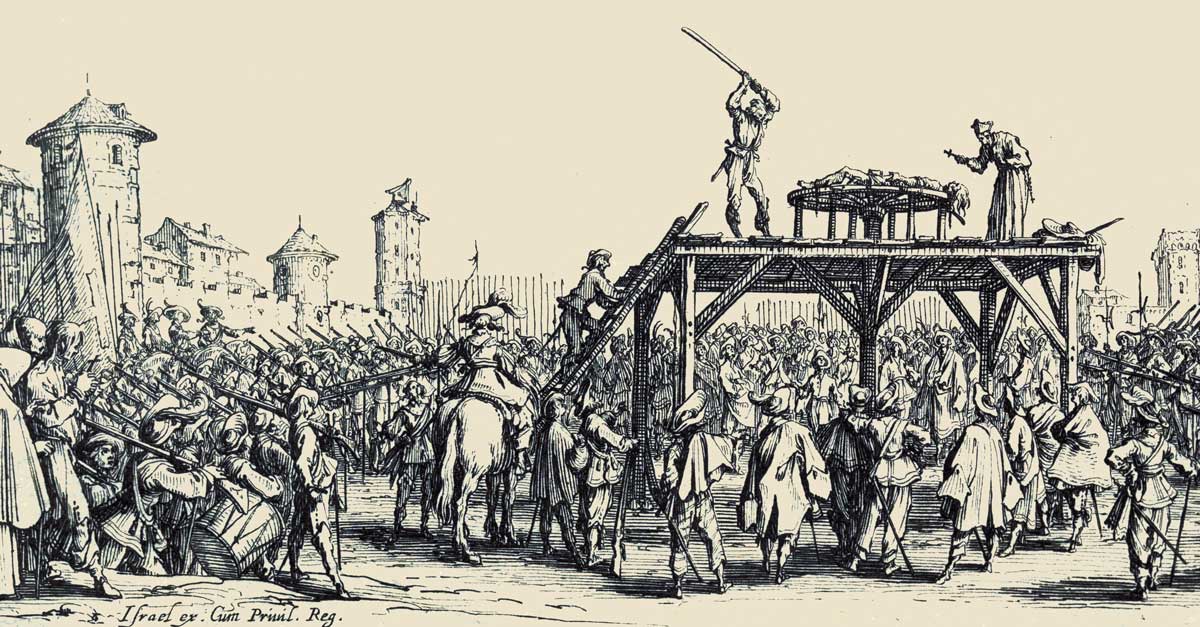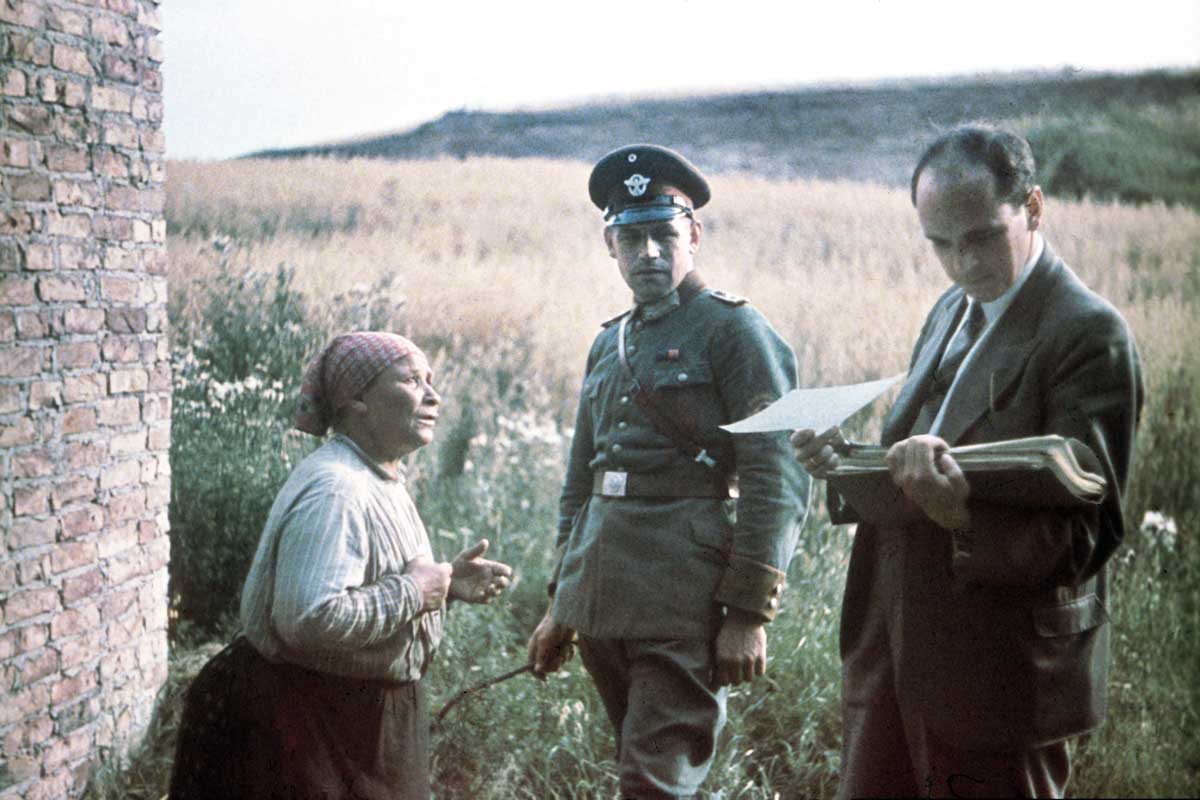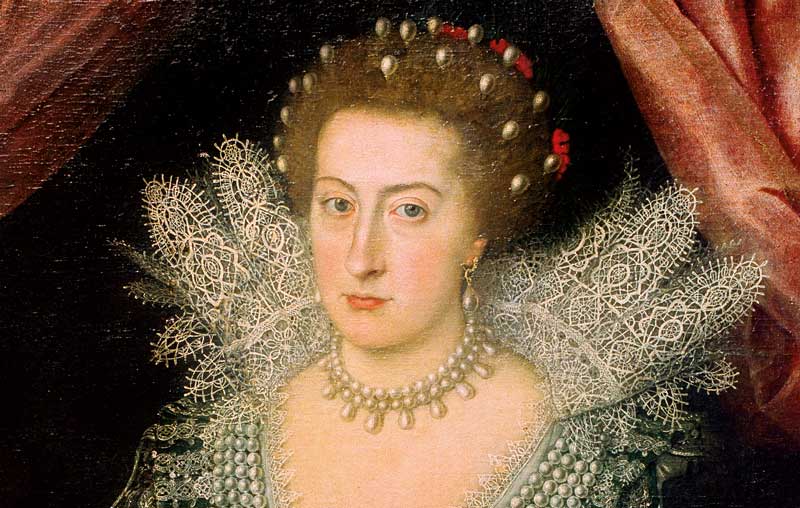The Best Articles of 2022 - 3 minutes read
We’ve put together our annual selection of some of our favourite articles from the past twelve months, in which the Rosetta Stone is deciphered, shame is inflicted upon the condemned, and criminals are subjected to vigilante justice.
Read for free for a limited time and don’t miss out in 2023: subscribe now.

Good as Gold
Andrea McDowell
The absence of formal government on the American frontier emboldened miners to take powers usually reserved to the state, subjecting criminals to their own brand of vigilante justice.
The Original Rock Star
Campbell Price
200 years on from the deciphering of the most famous piece of rock in the world, what does reading the Rosetta Stone reveal?
The Murder of Hintsa
Matthew Blackman
The death and mutilation of the chief of the Xhosa in 1835 at the hands of the British was a ‘barbarous’ deed, concealed by the perpetrators in a web of lies.

Violent Ends
Una McIlvenna
Early modern methods of execution were carefully calculated to inflict shame upon the condemned.
Charity Begins at Home
Sarah Wise
The ‘emigration’ of thousands of poor London children in the 19th century was seen by its organisers as an act of Christian deliverance, but the experience of the young people sent to Canada tells a different story.
‘The Vote is of the People’
Courtney J. Campbell
Brazilian democracy is young, hard-won and under threat. As the country goes to the polls, its history reminds us that the right to vote is not a given.

The Roma Holocaust
Celia Donert
Europe’s Roma were the victims of Nazi genocide during the Second World War, but their persecution did not end in 1945.
On the Ballot
Peter Keeling
Before the secret ballot, voting in Britain was a theatrical, violent and public affair. The Act that made democracy private turns 150 this year.

The Other Elizabeth
Nadine Akkerman
Emulating her godmother, Elizabeth I, Elizabeth Stuart captured hearts and minds as Europe burned.
The Strange Death of Liberal Egypt
Hazem Kandil
For most Egyptians the country’s independence came with the revolution of July 1952, not with the end of the British protectorate in February 1922. Yet, as the experiences of three patriotic writers show, independence did not mean freedom.

Source: History Today Feed